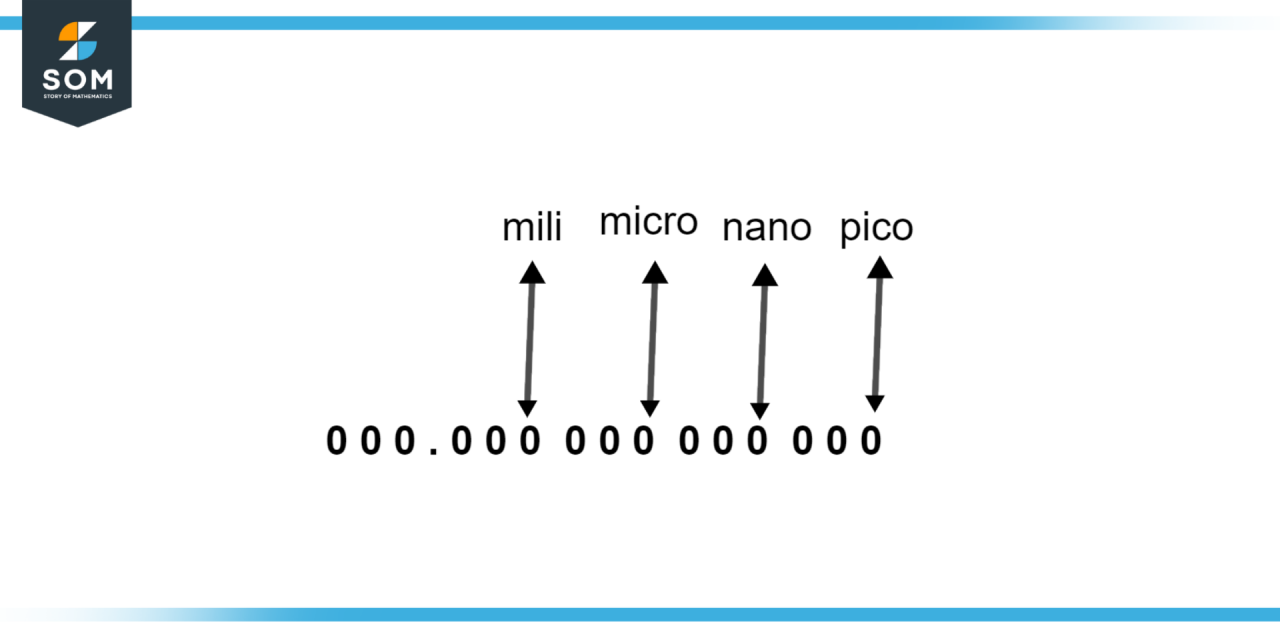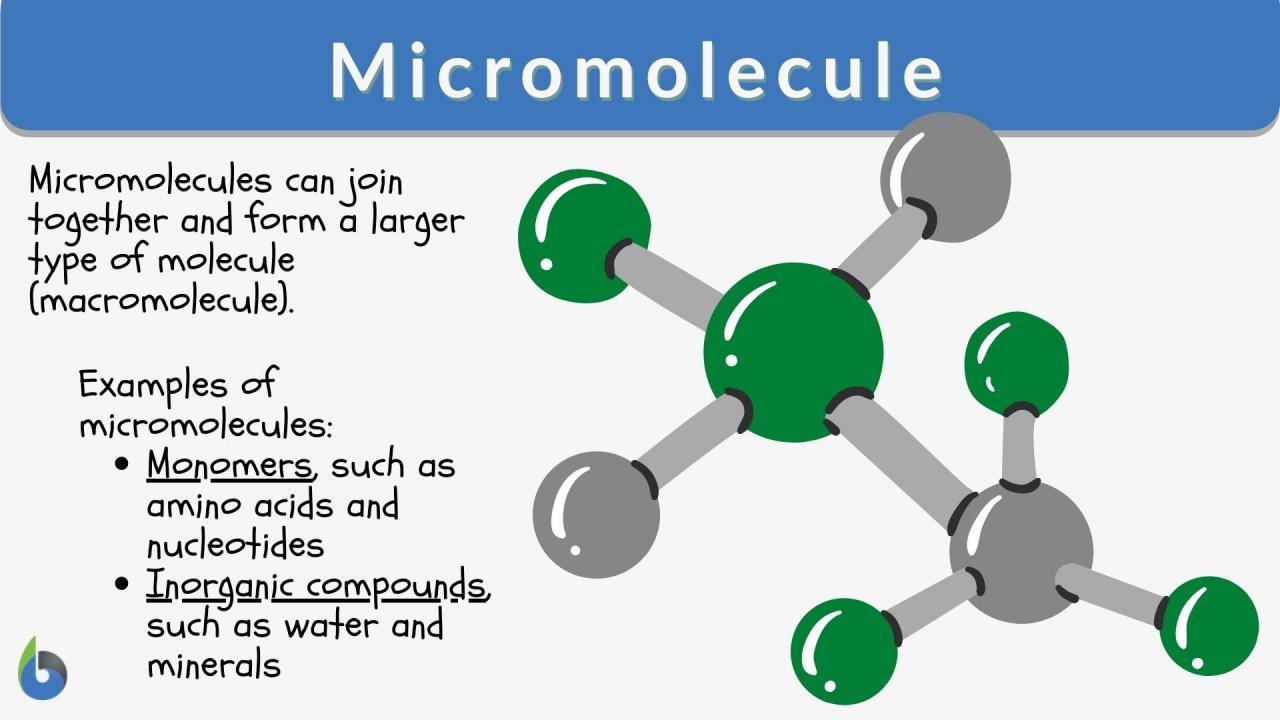
Micro meaning, the concept of the small and the miniature, holds profound significance across diverse fields, from science and technology to culture and philosophy. Its exploration has led to groundbreaking discoveries and inspired artistic expressions that challenge our understanding of scale and complexity.
In science, micro-level studies have revolutionized our understanding of the natural world, revealing the intricate workings of microorganisms and microstructures. Microelectronics and microfabrication have fueled technological advancements, impacting industries from computing to healthcare.
Definitions and Etymology

The term “micro” originates from the Greek word “mikros,” meaning “small.” It is commonly used as a prefix to indicate smallness or a miniature version of something.
In science and technology, “micro” refers to extremely small sizes, often on the order of micrometers or nanometers. In everyday language, it is used to describe things that are very small or detailed, such as microorganisms or microscopic structures.
Applications in Science and Technology
In science, the study of microorganisms and microstructures has led to significant advancements in fields such as biology, physics, and chemistry.
- Microorganisms play crucial roles in ecological processes, biotechnology, and medicine.
- Microfabrication and microelectronics have enabled the development of miniaturized devices, sensors, and computer chips.
Cultural and Societal Implications, Micro meaning
The concept of “micro” has influenced our understanding of the natural world and our place within it.
- The discovery of microorganisms challenged the prevailing belief in spontaneous generation and led to the development of germ theory.
- Micro-level phenomena, such as the spread of pathogens, have significant implications for human health and environmental sustainability.
Philosophical Perspectives
The study of microorganisms and microstructures raises philosophical questions about scale, complexity, and the nature of reality.
- The micro-level challenges our understanding of the macroscopic world and the relationship between the two.
- Advancements in micro-level technologies raise ethical considerations regarding the potential misuse of such technologies.
Artistic and Creative Expressions
The concept of “micro” has inspired artistic and creative expressions that explore themes of smallness, detail, and the hidden world of the microscopic.
- Photography, painting, and literature have captured the intricate beauty and wonder of the micro-level.
- Micro-inspired artworks often challenge our perception of scale and invite us to appreciate the hidden details of our world.
Comparative Analysis
The concept of “micro” is used and understood differently across cultures and disciplines.
- In some cultures, microorganisms are revered as sacred or medicinal, while in others they are feared as sources of disease.
- Scientific disciplines approach the study of micro-level phenomena from diverse perspectives, leading to unique insights and applications.
Concluding Remarks: Micro Meaning

The concept of micro continues to captivate and inspire, prompting interdisciplinary collaborations and raising ethical questions. By delving into the micro-level, we gain a deeper appreciation for the interconnectedness of all things, from the smallest microorganisms to the vast cosmos.
FAQ Explained
What is the etymology of “micro”?
The term “micro” originates from the Greek word “mikros,” meaning “small.”
How is “micro” used in science?
In science, “micro” is used as a prefix to denote smallness or a miniature version, such as in microbiology (study of microorganisms) and microelectronics (miniaturized electronic devices).
What are some cultural implications of “micro”?
Micro-level phenomena have influenced our understanding of the natural world, leading to advancements in medicine, agriculture, and environmental sustainability.





